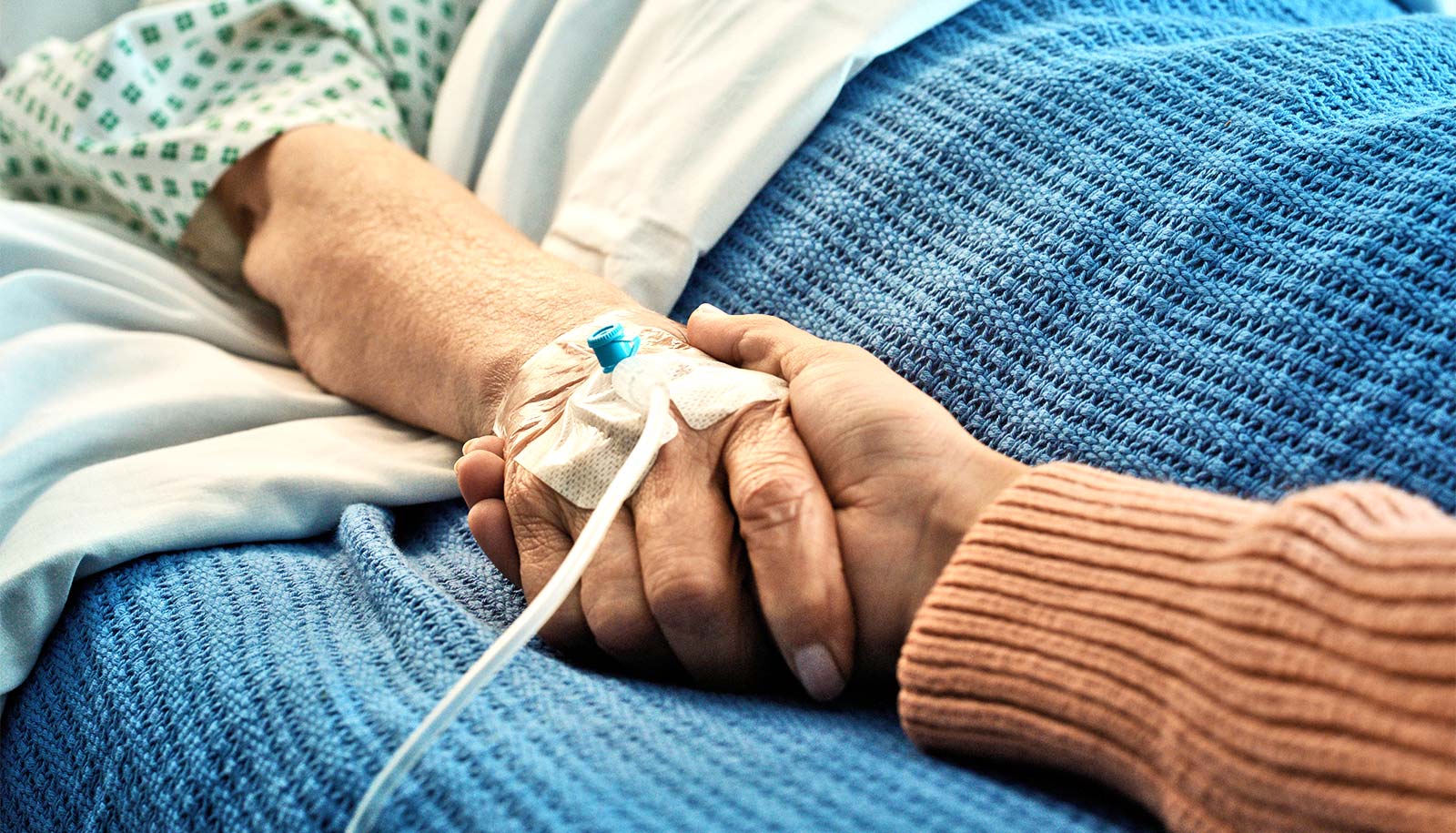New research shows that men and women react differently to compounds tied to the body’s immune response to bipolar disorder.
The findings suggest that bipolar disorder could one day be diagnosed by measuring biological changes in the body, and that treatments could be tailored differently for men and women.
Bipolar disorder is a recurring mood condition that will affect about 1 to 4 percent of people in the United States over their lifetimes.
The study measured levels of zinc and neopterin, two immune system factors, in the blood of female and male hospital patients experiencing a major manic or depressive episode. Blood concentrations were compared to those of a healthy control group.
Both zinc and neopterin are compounds that have previously been associated with inflammatory processes. Neopterin is an immune marker secreted by white blood cells when the immune system is activated, while the mineral zinc is required for the immune system to function.
Two sexes
Two unique features of bipolar disorder led to this study.
First, researchers know that women and men with bipolar disorder experience episodes of mania or depression—the two hallmarks of the condition—differently, and may have different coexisting health issues.
Female patients with bipolar disorder, for example, are more likely than male patients to experience depressive episodes, anxiety, post-traumatic stress disorder, migraines, and dysregulated mood due to poor sleep. Because bipolar disorder is different in women and men, researchers suspect that different biological processes may underlie the condition in the two sexes.
Second, the immune system is activated during bipolar episodes, and previous research shows that immune system activation in bipolar disorder causes harmful low-level inflammation in the brain.
“When a person has mania or depression, certain parts of their brain are affected,” says Erika F.H. Saunders, professor and chair of psychiatry at Penn State College of Medicine and senior author of the new study.
“For example, the hippocampus, which is important in memory formation, shrinks, and the connections between different parts of the brain are affected. We think that inflammation is playing a role in some of those changes that are then associated with poor functioning in bipolar disorder,” she says.
The immune system also functions differently in women and men. Therefore, in the new study, Saunders and the other researchers set out to see if immune system factors were different in women and men with bipolar disorder, with the eventual goal of finding reliable markers for the disease.
Bad sleep can make bipolar worse for women
Aiming for a blood marker
Researchers recruited 27 people with bipolar disorder for the study. They had lower levels of zinc in their blood than the 31 healthy people in the control group. There was no difference in neopterin levels between the two groups.
Differences between men and women emerged when the researchers looked at severity of depression or mania. Women’s depression was worse if they had higher concentrations of zinc in their blood, while men’s mania was worse if they had higher concentrations of neopterin. These findings should not be interpreted as advice for patients with bipolar disorder to take or not take zinc, the researchers point out.
The finding that high zinc levels were associated with depression severity in women was somewhat surprising, Saunders says, because zinc deficiency has been associated with depression in the past.
One possible explanation is that high levels of zinc in the blood may indicate lower levels in the brain. Saunders and her colleagues are now following up in animal studies, measuring zinc levels in the brains of mice with inflammatory depression.
“What we are aiming for ultimately as a field and as a research group is to have a blood marker that we can use in the clinic that will help us predict when someone is developing a bipolar episode, and conversely when a treatment is working,” Saunders says.
“The work that we’re doing in conjunction with the work of others across the country is understanding each individual factor that can then be put together in a larger way.”
High-res MRI links cerebellum to bipolar disorder
A paper outlining this research appears in the journal Psychiatry Research.
Other investigators on this study are from Penn State; the University of Maryland School of Medicine; the University of South Florida, School of Nursing; Innsbruck Medical University, Austria; Rocky Mountain Mental Illness Research, Education and Clinical Center (MIRECC); and the Military and Veteran Microbiome Consortium for Research and Education, MVM–Core.
The National Center for Advancing Translational Sciences and the American Association for Suicide Prevention funded this study.
Source: Abby Sajid for Penn State



